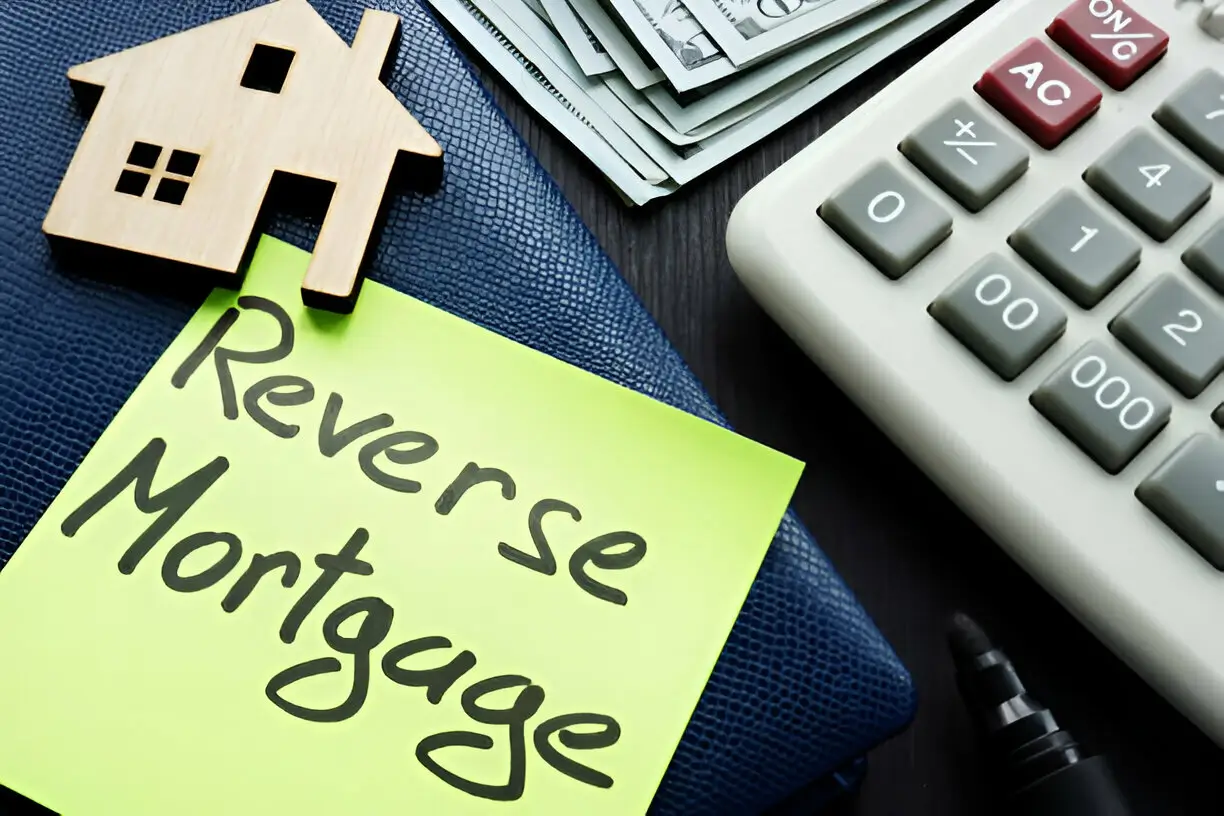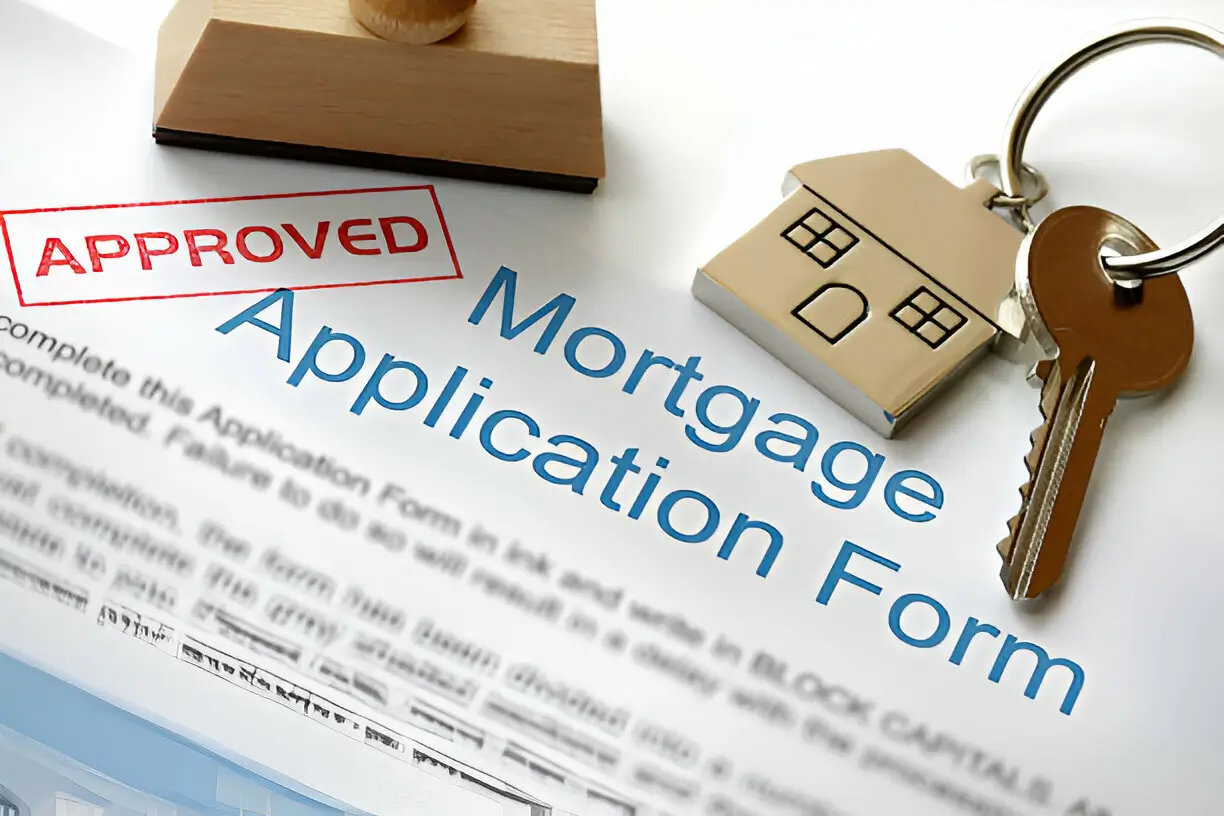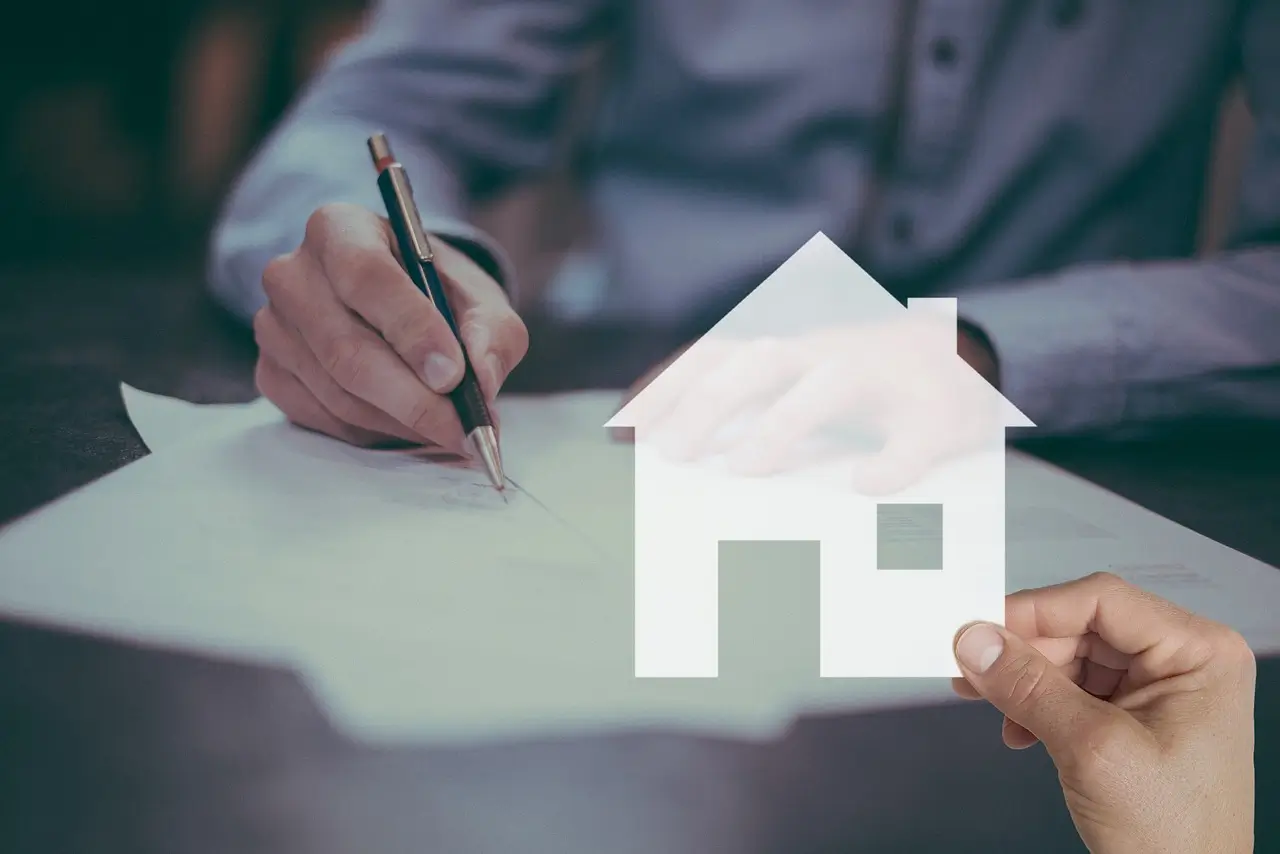The Pros and Cons of Reverse Mortgages
Reverse mortgages might sound like a dream come true, but they come with their own set of trade-offs. Curious about how they work and whether they’re right for you? In this guide, we’ll break down the good, the bad, and the complex of reverse mortgages. Dive in to get the full picture and see if this financial tool can work for your retirement plans. Ready to uncover the truth?
Reverse mortgages have become a popular financial tool for retirees looking to tap into their home equity. While they can provide much-needed cash flow, they also come with potential drawbacks. This comprehensive guide will explore the pros and cons of reverse mortgages, helping you make an informed decision.
What is a Reverse Mortgage?
A reverse mortgage allows homeowners aged 62 and older to convert part of their home equity into cash without having to sell their home or make monthly mortgage payments. The loan is repaid when the borrower sells the home, moves out permanently, or passes away.
How Reverse Mortgages Work
Unlike a traditional mortgage, where you make monthly payments to the lender, with a reverse mortgage, the lender pays you. The amount you can borrow depends on your age, the value of your home, and current interest rates. The loan balance increases over time as interest and fees are added to the balance.
Types of Reverse Mortgages
There are three main types of reverse mortgages:
- Home Equity Conversion Mortgage (HECM): Insured by the Federal Housing Administration (FHA), this is the most common type of reverse mortgage.
- Proprietary Reverse Mortgage: Private loans offered by individual companies. These are typically for high-value homes.
- Single-Purpose Reverse Mortgage: Offered by some state and local government agencies and non-profits, these are the least expensive option but can only be used for specific purposes.
The Pros of Reverse Mortgages
Access to Cash
One of the biggest advantages of a reverse mortgage is the access to cash. This can be especially beneficial for retirees who are house-rich but cash-poor. The funds can be used for any purpose, from covering daily living expenses to paying for medical care or home improvements.
No Monthly Payments
With a reverse mortgage, you don’t have to make monthly mortgage payments. This can significantly ease financial stress, allowing you to use your income for other expenses. The loan is repaid when the home is sold or the homeowner no longer lives there.
Stay in Your Home
A reverse mortgage allows you to stay in your home while accessing its equity. This can be a major benefit for those who wish to age in place and avoid the disruption of moving.
Flexible Payment Options
Reverse mortgages offer various payment options, including lump sum, monthly payments, line of credit, or a combination of these. This flexibility allows you to tailor the loan to your specific needs.
Protection Against Declining Home Values
With an FHA-insured HECM, you’re protected if your home’s value declines. If the loan balance exceeds the home’s value when it’s time to repay, neither you nor your heirs will be required to pay the difference, thanks to the non-recourse feature of these loans.
The Cons of Reverse Mortgages
High Fees and Costs
Reverse mortgages come with high upfront costs, including origination fees, mortgage insurance premiums, and closing costs. These fees can significantly reduce the amount of money you receive and increase the overall cost of the loan.
Interest Accumulation
Since you’re not making monthly payments, interest on a reverse mortgage accrues over time. This can lead to a substantial increase in the loan balance, reducing the amount of equity left in your home.
Impact on Heirs
When the borrower passes away or moves out permanently, the loan must be repaid. This usually involves selling the home. If the home’s value has decreased or the loan balance has grown significantly, there may be little or no equity left for heirs.
Potential for Foreclosure
Although you don’t have to make monthly payments, you are still responsible for property taxes, homeowner’s insurance, and maintenance. Failure to meet these obligations can result in foreclosure.
Eligibility and Restrictions
Not everyone qualifies for a reverse mortgage. You must be at least 62 years old, and the home must be your primary residence. Additionally, the amount you can borrow is limited by the value of your home, your age, and current interest rates.
Real-Life Example: The Smiths’ Experience with a Reverse Mortgage
John and Mary Smith, both in their late 60s, decided to get a reverse mortgage to supplement their retirement income. They used the funds to pay off existing debt and make necessary home repairs. While they appreciated the extra cash flow, they were surprised by the high fees and the accruing interest on their loan balance. When John passed away, Mary had to move to an assisted living facility, and their children decided to sell the home to repay the loan. The loan balance had grown significantly, leaving less equity than expected.
Alternatives to Reverse Mortgages
Before deciding on a reverse mortgage, consider other options that may be more suitable for your financial situation.
Home Equity Loan or Line of Credit
Home equity loans and lines of credit allow you to borrow against your home’s equity with lower fees and interest rates compared to reverse mortgages. However, you’ll need to make monthly payments.
Refinancing
Refinancing your existing mortgage can lower your monthly payments, freeing up cash for other expenses. This option requires a good credit score and sufficient income to qualify.
Downsizing
Selling your home and moving to a smaller, less expensive property can free up a significant amount of cash. This option can also reduce your living expenses and maintenance responsibilities.
Renting Out Part of Your Home
If you have extra space, consider renting out a room or part of your home. This can provide a steady income stream without taking on additional debt.
Government Assistance Programs
Look into government programs that offer financial assistance to seniors, such as Supplemental Security Income (SSI), Medicaid, or local housing assistance programs.
Conclusion
Reverse mortgages can be a valuable tool for seniors needing to access their home equity, but they come with significant pros and cons. Understanding these can help you make an informed decision about whether a reverse mortgage is right for you. Consider your financial needs, the costs involved, and the impact on your heirs before making a choice. Consulting with a financial advisor can also provide personalized guidance based on your situation.
FAQs
What is a reverse mortgage?
A reverse mortgage is a loan that allows homeowners aged 62 and older to convert part of their home equity into cash without having to sell their home or make monthly mortgage payments. The loan is repaid when the homeowner sells the home, moves out permanently, or passes away.
How does a reverse mortgage differ from a traditional mortgage?
In a traditional mortgage, you make monthly payments to the lender. In a reverse mortgage, the lender pays you, and the loan balance increases over time. No monthly payments are required, but the loan must be repaid when you sell the home, move out permanently, or pass away.
What are the eligibility requirements for a reverse mortgage?
To qualify for a reverse mortgage, you must be at least 62 years old, own your home outright or have a significant amount of equity, and live in the home as your primary residence. Additionally, you must meet financial assessment requirements to ensure you can pay property taxes, homeowner’s insurance, and maintenance costs.
What are the fees associated with a reverse mortgage?
Reverse mortgages come with high upfront costs, including origination fees, mortgage insurance premiums, and closing costs. These fees can reduce the amount of money you receive from the loan and increase the overall cost.
Can I lose my home with a reverse mortgage?
Yes, you can lose your home if you fail to meet the obligations of the reverse mortgage, such as paying property taxes, homeowner’s insurance, and maintaining the property. Failure to comply with these requirements can result in foreclosure.
What happens to the reverse mortgage when I die?
When you die, the reverse mortgage must be repaid. This usually involves selling the home. If the loan balance exceeds the home’s value, neither you nor your heirs will be required to pay the difference if you have an FHA-insured HECM. Any remaining equity after the loan is repaid will go to your heirs.
Understanding the intricacies of reverse mortgages and evaluating your financial needs can help you determine if this option is suitable for you. Consider all alternatives and seek professional advice to make the best decision for your financial future.






